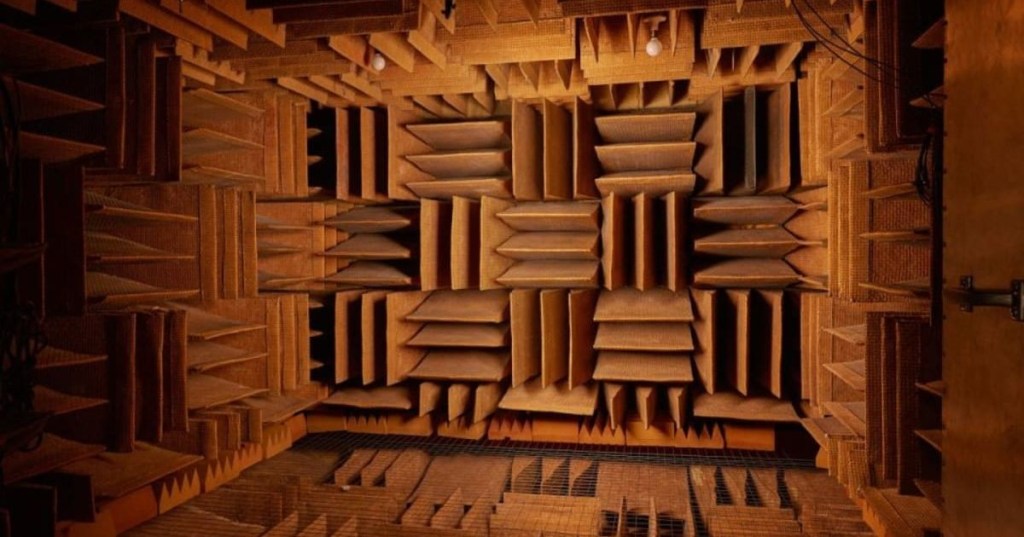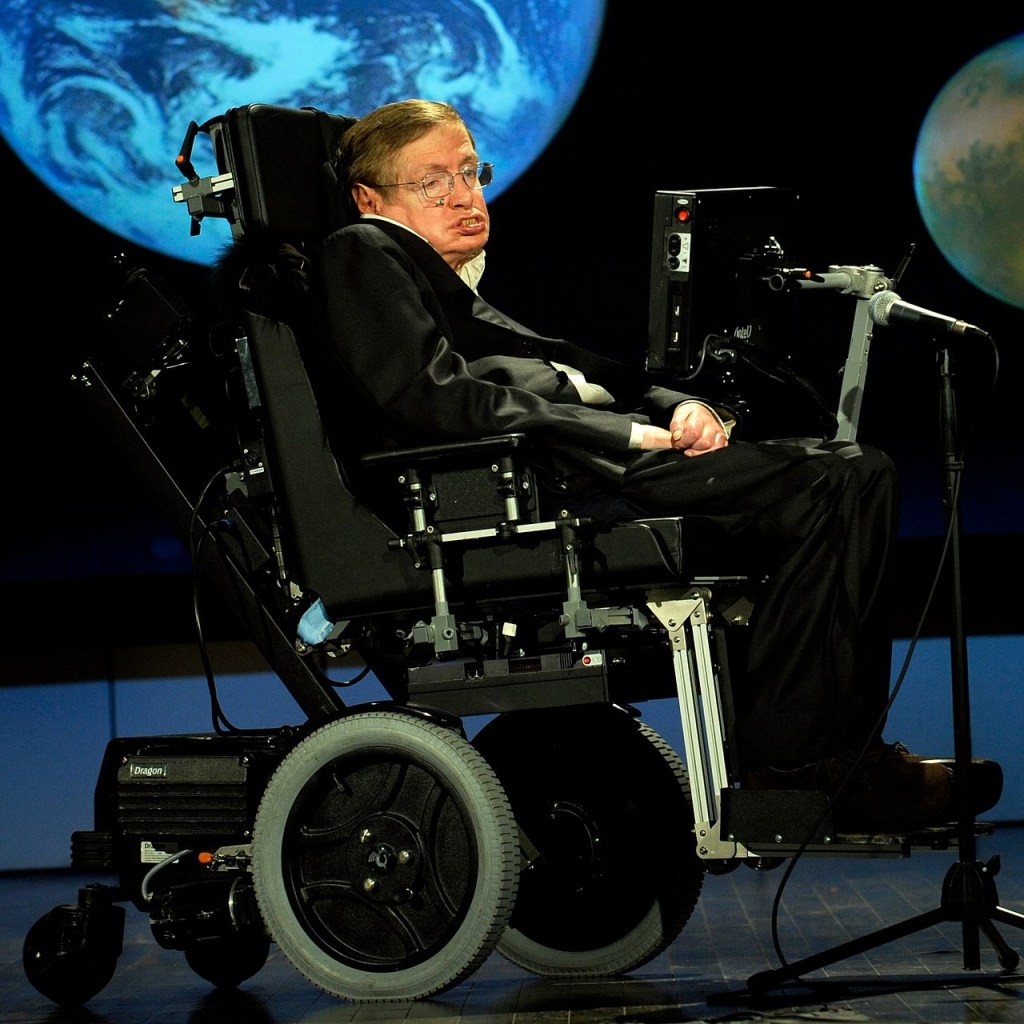Often when people walk alone in the dark, they feel as if someone is continuously watching them. It’s not an unusual experience. While we don’t live in an Orwellian society where “Big Brother” is watching you, this eerie feeling originates from mysterious functions of the human brain.
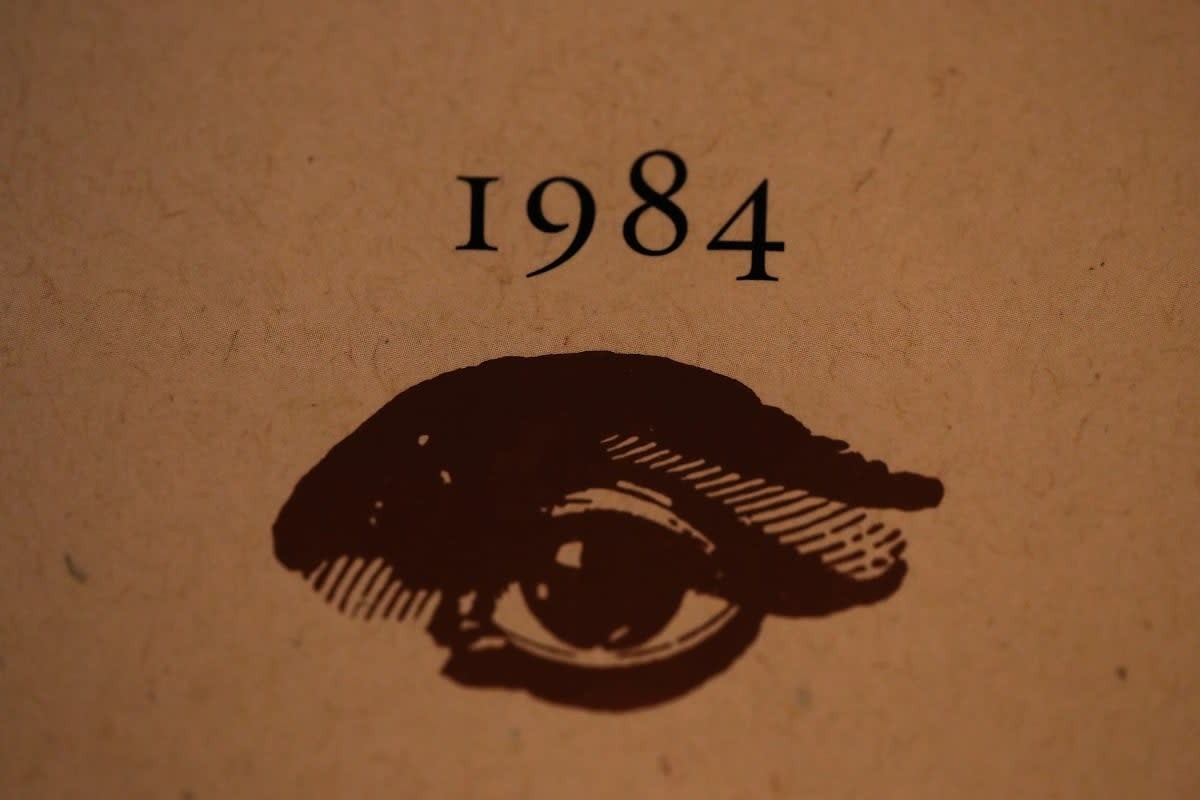
Even though no one can see from the back of their head, sometimes the brain signals this creepy feeling of being stared at from behind. Some psychology researchers call this phenomenon “gaze detection,” the ability to recognize where a person or animal is looking. Numerous studies on this phenomenon shed light on the brain’s remarkable functions. “It turns out that we’re hard-wired to believe that others are staring at us, especially when we’re uncertain,” explained Professor Colin Clifford from the University of Sydney, who conducted a study on gaze perception in 2013.

In a 1906 psychiatric journal, this sensation of a devouring gaze was described by the term “scopophobia” which refers to a “morbid shamefacedness” and a “morbid dread of being seen.” In In the 20th century, psychologist Dr. Edward Titchener was one of the first to study the paranormal feeling of being watched. In one of his articles, “The Feeling of Being Stared At,” he described this tingling sensation by saying that it is connected to the skin.
“If one thinks hard of one’s knee, or foot, for example, one will obtain a surprisingly intensive and insistent mass of cutaneous and organic sensations of which one was previously unconscious,” he said. More recently, another study was conducted on a blindsight patient, that has elaborated upon this feeling. Alan Pegna from Geneva University Hospital, Switzerland, worked with a man called TD, who had suffered a stroke that destroyed his visual cortex, leaving him cortically blind.
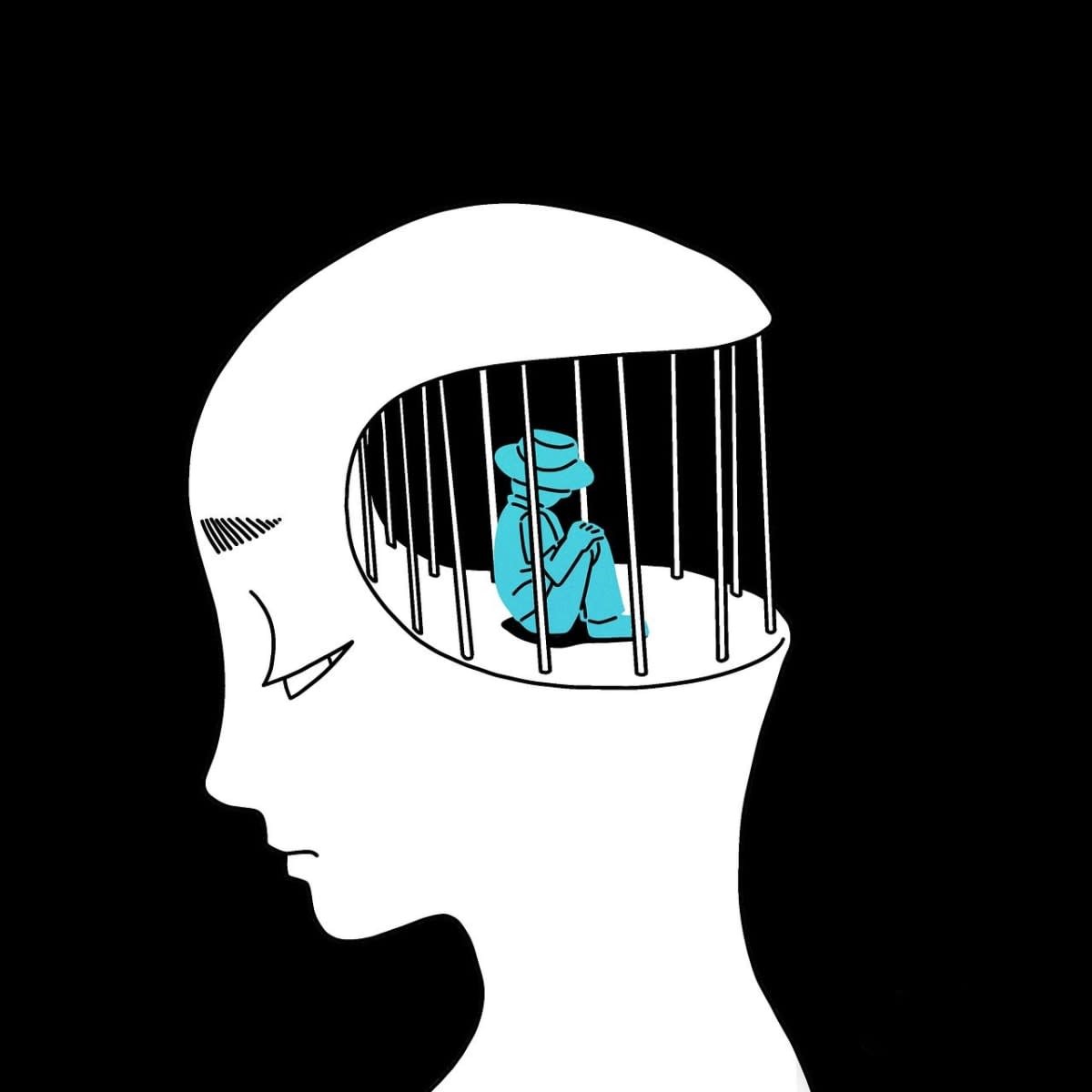
The results of TD’s brain scan indicated that human brains can be sensitive to what their conscious awareness isn’t. When TD was having the “gaze feeling,” the part of his brain called the “amygdala” responded even though he was not aware of it consciously. The amygdala is known to be responsible for processing threats, regulating emotions, and monitoring information about faces. This suggests that a deeper part of the brain is always scanning for threats, even when a person’s conscious attention is elsewhere.
Also, according to an article written by Harriet Dempsey-Jones, a postdoctoral research fellow in cognitive neurosciences at The University of Queensland in Australia, this ability of gaze detection makes it fairly easy to see where a person is looking because we see where their pupils are focused, and with their peripheral vision they can pick on cues, such as body language, indicating that someone is looking at them.
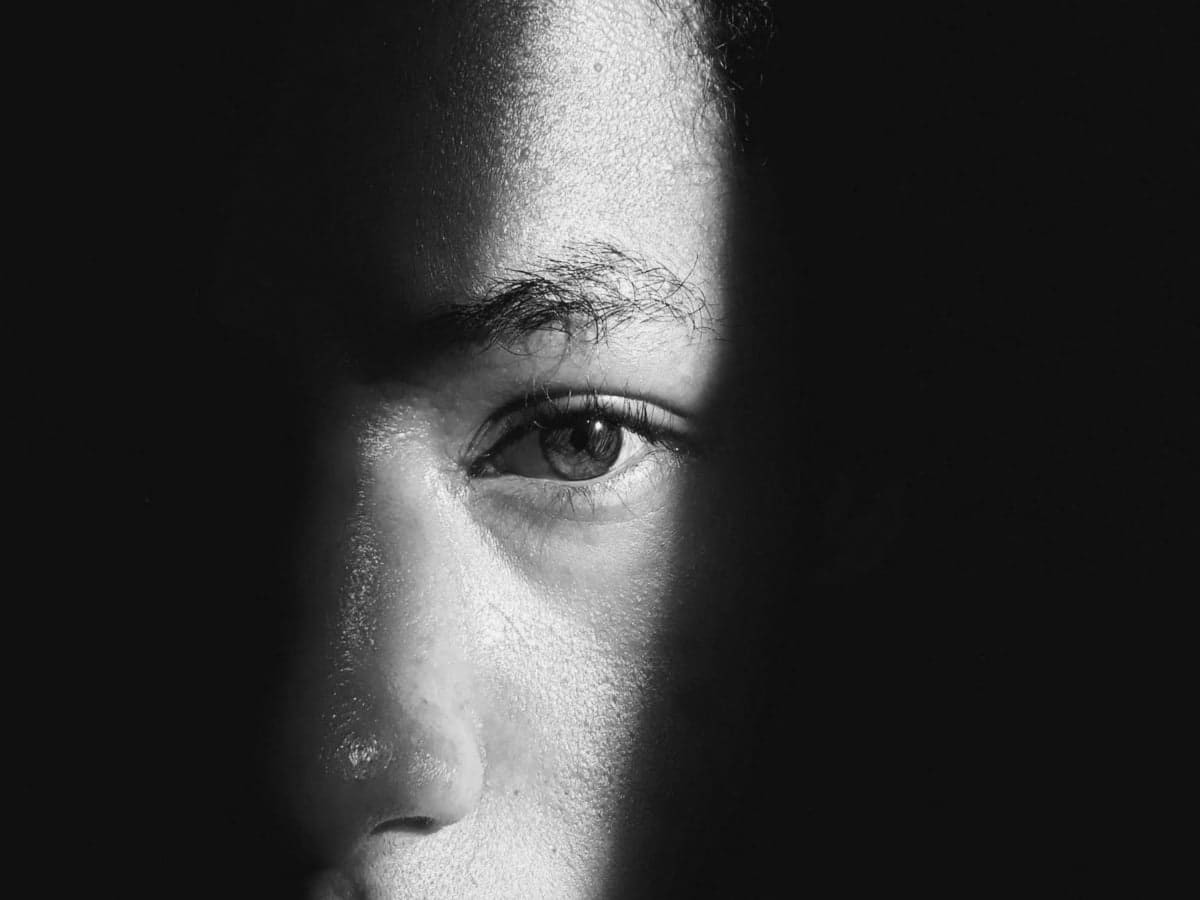
Sometimes, even when no one is watching, your brain can make you feel threatened, as if you’re being surveilled, especially when home alone. This feeling can stem from traumatic memories. Leslie Dobson, a clinical and forensic psychologist, told Live Science that things like exposure to scary books, movies, or news; hypervigilance following a stressful or traumatic event; and serious mental health conditions can result in this feeling.

“In more extreme cases, a person may experience paranoia and hypervigilance, often related to an underlying mental health condition or physical brain ailment,” Dobson added. For a person who has experienced a traumatic event, their minds start developing hypervigilance as a defense mechanism. This becomes a mental strategy to protect oneself from future trauma, as per a 2023 study in the journal Frontiers in Psychology. This mechanism triggers a delusion in the person’s brain that someone is watching them.

The feeling itself is harmless unless it turns into paranoia. Dr. Alice Feller, a clinical psychiatrist based in California, explained, “With mental illness, what happens is you lose that ability to wonder if it’s just a feeling, you know, you kind of lose insight into your own bodily and mental process. You can do a reality check, but it doesn’t necessarily stick.” All in all, if someone has a persistent feeling that they are being watched by invisible cameras, or shadows looming behind, it just means that they have a comprehensive and sophisticatedly-designed “gaze detection system.”
However, if it starts to turn into a disorderly paranoia, one should seek medical attention, Dobson cautioned, “I encourage people to seek mental and medical intervention when they begin to notice they are struggling, rather than trying to wait it out.” She added, “Early intervention is key. If a person is struggling more days a week than not, or if their job, education, or relationships are beginning to struggle, it is important to seek out a professional.”






